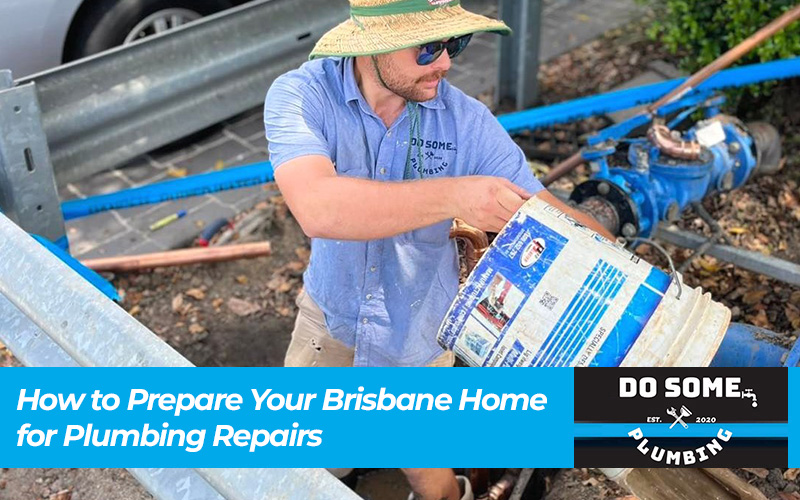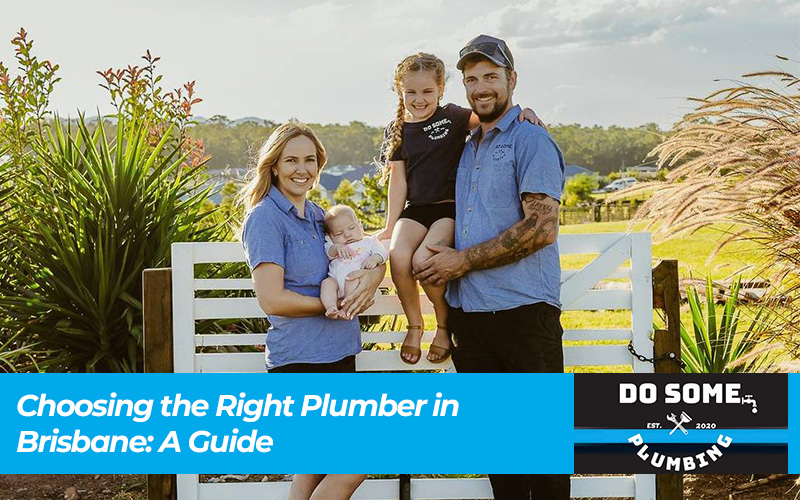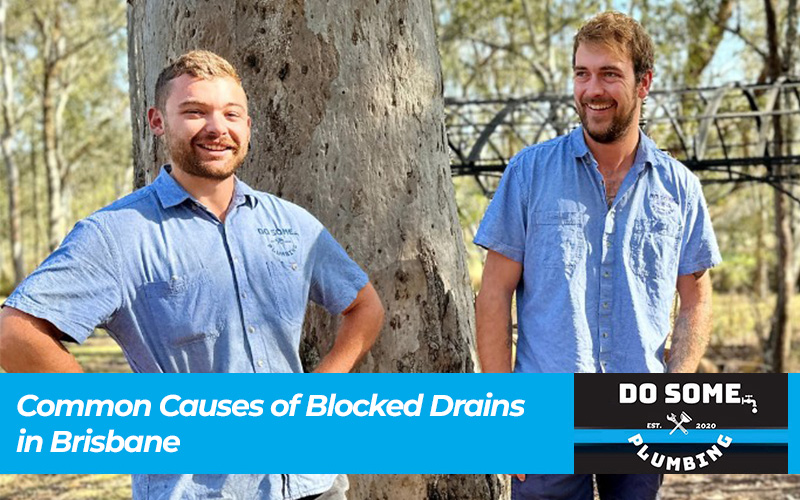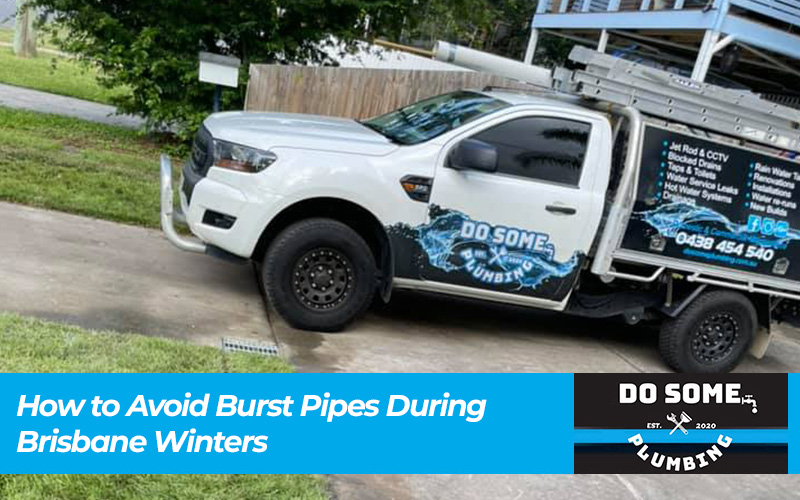
How to Prepare Your Brisbane Home for Plumbing Repairs
When plumbing repairs are needed in your Brisbane home, proper preparation can help ensure the process goes smoothly. Whether it’s a minor fix or a major repair, taking the time to prepare your home and understand the process can save time, reduce stress, and minimize disruption. Here’s how to get your home ready for plumbing repairs.
1. Identify the Problem and Communicate Clearly
Before the plumber arrives, clearly identify the problem areas and communicate them effectively: List the Issues: Make a list of the specific plumbing problems you’ve noticed. Whether it’s a leaky faucet, a blocked drain, or low water pressure, providing detailed information helps the plumber diagnose and address the issue more efficiently. Be Ready for Questions: The plumber may ask questions about the history of the issue, such as how long it’s been occurring or if any previous repairs were attempted. Be prepared to provide as much detail as possible.
2. Clear the Work Area
Ensure that the plumber has easy access to the areas that need repair: Remove Obstacles: Clear any furniture, appliances, or personal items from the work area. For example, if the repair involves the kitchen sink, remove items from the countertop and under-sink cabinet. Protect Valuables: If the repair is in a living space, cover or move valuable items to prevent them from being accidentally damaged during the repair process.
3. Shut Off Water Supply
In most cases, the water supply to your home or specific areas will need to be turned off: Locate the Shut-Off Valve: Identify the main water shut-off valve in your home. It’s usually located near the water meter or where the main water line enters the house. If you’re unsure, ask the plumber for guidance. Turn Off Water in Affected Areas: Depending on the repair, you may need to turn off the water supply to specific fixtures or the entire home. Ensure this is done before the plumber begins work.
4. Prepare for Possible Water Spillage
Plumbing repairs often involve draining pipes, which can lead to water spillage: Have Towels and Buckets Ready: Place towels or old sheets around the work area to absorb any water that may spill during the repair. Keep a bucket handy to catch any water that might be drained from pipes or fixtures. Protect Floors: Lay down plastic sheeting or drop cloths to protect flooring, especially if the repair is taking place in an area with carpeting or hardwood floors.
5. Make Arrangements for Water Use
If the repair requires shutting off the water supply, plan for how you’ll manage without water: Fill Containers with Water: Fill pots, buckets, or jugs with water before the water is turned off. This water can be used for drinking, cooking, or flushing toilets while the repair is underway. Plan Bathroom Usage: If the repair will take several hours, you may want to arrange to use a neighbor’s bathroom or visit a nearby facility.
6. Inform Household Members
Let everyone in your household know about the scheduled plumbing repairs: Communicate the Timeline: Inform household members when the repairs will take place and how long the water will be turned off. This helps everyone plan accordingly. Minimize Disruption: If possible, schedule repairs during a time when fewer people are home to reduce disruption to daily routines.
7. Understand the Repair Process
Before the plumber begins, ask questions to understand the scope of the work: Ask About the Process: Inquire about the steps involved in the repair, including the estimated time it will take and any potential complications. Get a Cost Estimate: Request an estimate of the repair costs upfront to avoid any surprises later. If additional repairs are needed, ask the plumber to explain the reasons and provide a revised estimate.
8. Prepare for Post-Repair Cleanup
After the repair is complete, some cleanup may be required: Dispose of Debris: The plumber should clean up any debris from the repair, but you may need to dispose of old parts or materials. Check for Residual Issues: Once the repair is done, check for any residual issues such as leaks or water pressure problems. If anything seems off, notify the plumber before they leave.
Conclusion
Preparing your Brisbane home for plumbing repairs involves clear communication, organizing the work area, and taking steps to protect your property. By following these guidelines, you can help ensure a smooth and efficient repair process, minimizing disruption and ensuring that the job is done right. Don’t hesitate to ask your plumber for any additional advice on how to prepare.










